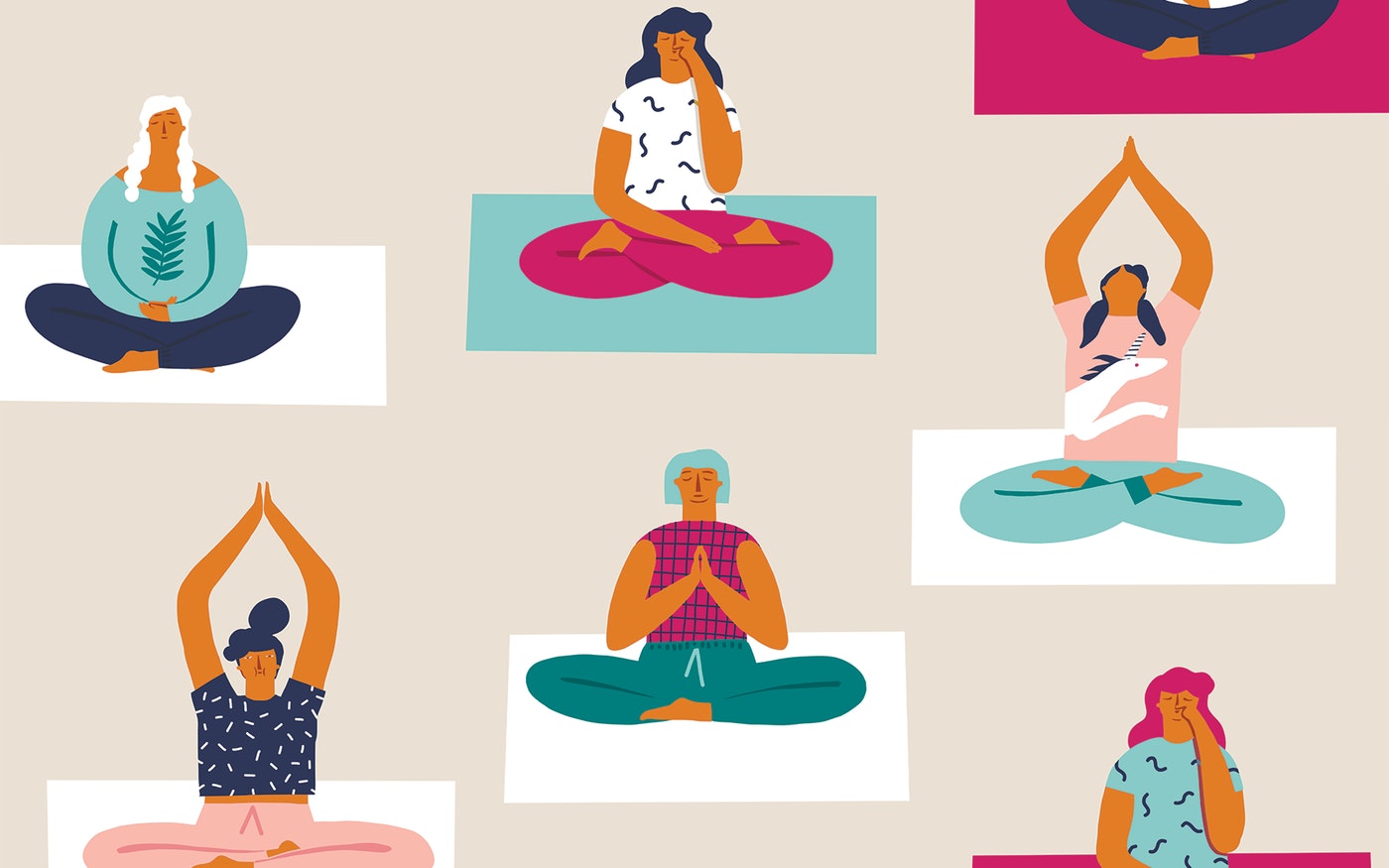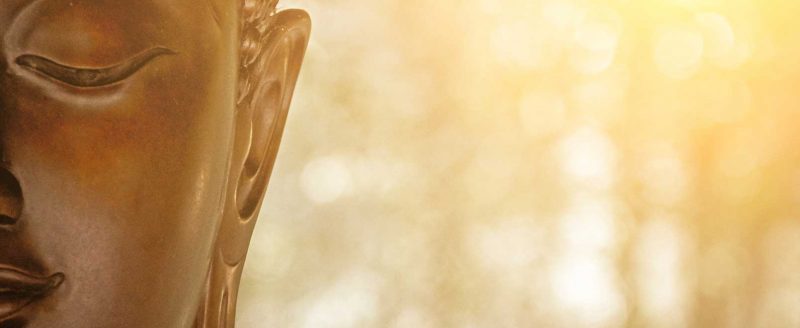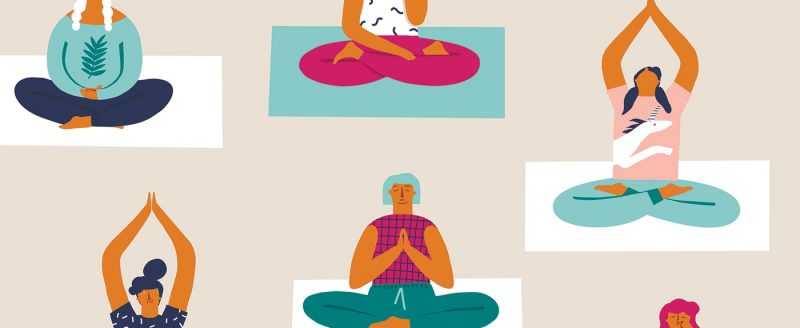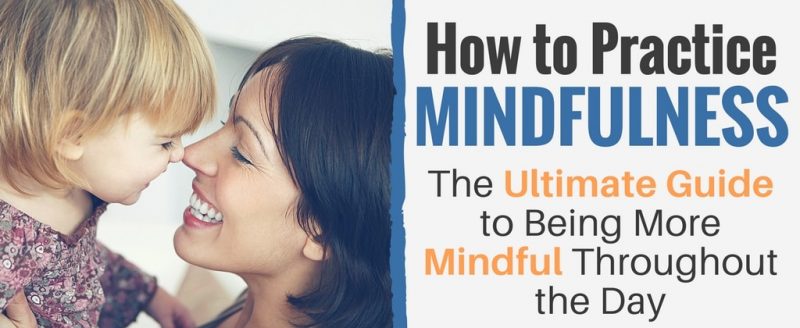Mindfulness. It’s a pretty straightforward word. It suggests that the mind is fully attending to what’s happening, to what you’re doing, to the space you’re moving through. That might seem trivial, except for the annoying fact that we so often veer from the matter at hand. Our mind takes flight, we lose touch with our body, and pretty soon we’re engrossed in obsessive thoughts about something that just happened or fretting about the future. And that makes us anxious.
Mindfulness is the basic human ability to be fully present, aware of where we are and what we’re doing, and not overly reactive or overwhelmed by what’s going on around us.
Yet no matter how far we drift away, mindfulness is right there to snap us back to where we are and what we’re doing and feeling. If you want to know what mindfulness is, it’s best to try it for a while. Since it’s hard to nail down in words, you will find slight variations in the meaning in books, websites, audio, and video.
The (All-Purpose) Definition
Here’s an all-purpose definition that treats mindfulness as a quality that every human being already possesses, rather than something we have to conjure up:
Mindfulness is the basic human ability to be fully present, aware of where we are and what we’re doing, and not overly reactive or overwhelmed by what’s going on around us.
While mindfulness is innate, it can be cultivated through proven techniques, particularly seated, walking, standing, and moving meditation (it’s also possible lying down but often leads to sleep); short pauses we insert into everyday life; and merging meditation practice with other activities, such as yoga or sports.
When we meditate it doesn’t help to fixate on the benefits, but rather to just do the practice, and yet there are benefits or no one would do it. When we’re mindful, we reduce stress, enhance performance, gain insight and aware ness through observing our own mind, and increase our attention to others’ well-being.
Mindfulness meditation gives us a time in our lives when we can suspend judgment and unleash our natural curiosity about the workings of the mind, approaching our experience with warmth and kindness—to ourselves and others.
8 Things to Know About Mindfulness:
- Mindfulness is not obscure or exotic. It’s familiar to us because it’s what we already do, how we already are. It takes many shapes and goes by many names.
- Mindfulness is not a special added thing we do. We already have the capacity to be present, and it doesn’t require us to change who we are. But we can cultivate these innate qualities with simple practices that are scientifically demonstrated to benefit ourselves, our loved ones, our friends and neighbors, the people we work with, and the institutions and organizations we take part in
- You don’t need to change. Solutions that ask us to change who we are or become something we’re not have failed us over and over again. Mindfulness recognizes and cultivates the best of who we are as human beings.











